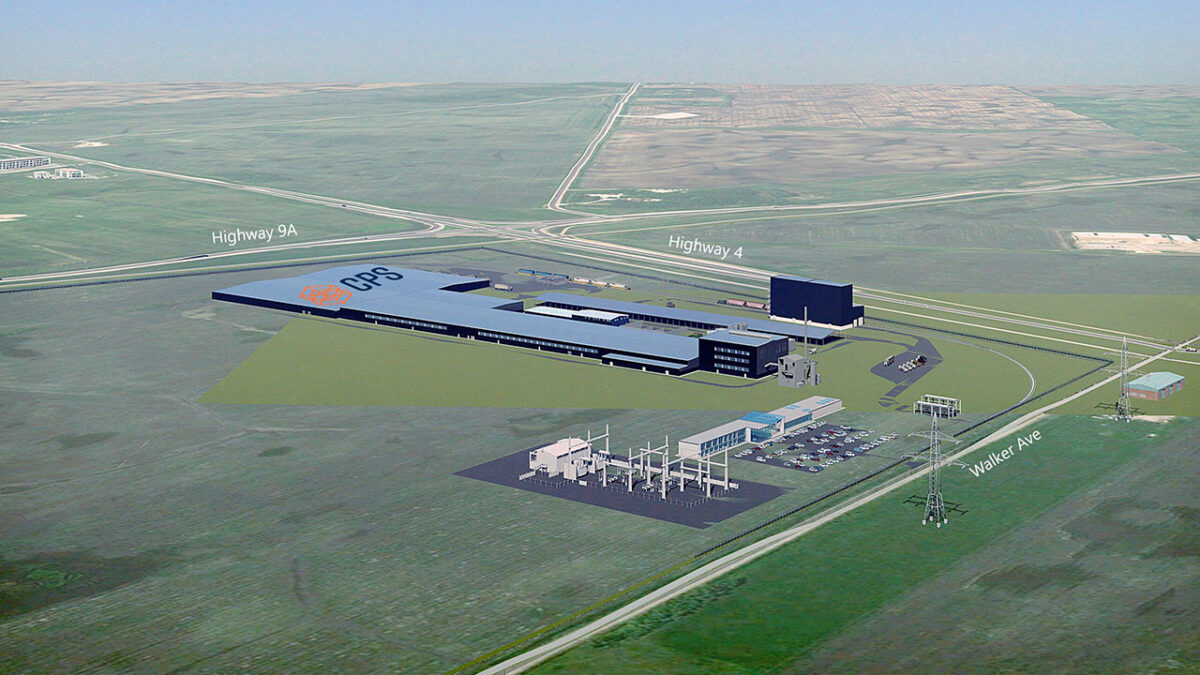From pv magazine USA
Patterned solar PV glass provider Canadian Premium Sand (CPS) is making steps to expand its business considerably after signing offtake agreements with major panel manufacturers Qcells, Meyer Burger, and Heliene.
The Alberta-based company said it will launch an 800 ton-per-day solar glass facility, expanding beyond its original plans to add 550 tons per day. This equates to about 6 GW per year of solar glass production, driven largely by strong demand for US solar manufacturing.
The facility will be capable of producing a range of patterned solar glass specifications, including standard 3.2 mm-thick front glass for the residential and commercial rooftop market, as well as 2.0 mm-thick glass required for the bifacial utility market.
The company has entered into a preliminary construction agreement for the production site that places a maximum cost of $880 million. The offtake agreements combine for a minimum of 62% of the company’s planned output capacity, with the option to expand to about 77% of planned output capacity.
“With strong revenue visibility through binding commercial off-take agreements and a high degree of certainty with capital costs and operational performance through our EPC agreement we are confident in our ability to commercialize this high return project, supporting the global energy transition,” said Glenn Leroux, president and chief executive officer of Canadian Premium Sand.
On May 3, the Canadian province of Manitoba issued the company an Environmental Act license to construct and operate its proposed patterned solar glass manufacturing facility on the site secured in the city of Selkirk, Manitoba. The receipt of this license secures a regulatory requirement and removes a path item from the development schedule.
The new facility being built by CPS uses the high-purity, low-iron silica sand from its wholly owned Wanipigow quarry leases. CPS said it intends to power the facility with renewable energy, which reduces the carbon footprint of producing the glass. The company also said it plans to use recycled water in the manufacturing process along with waste heat recovery.
This content is protected by copyright and may not be reused. If you want to cooperate with us and would like to reuse some of our content, please contact: editors@pv-magazine.com.




By submitting this form you agree to pv magazine using your data for the purposes of publishing your comment.
Your personal data will only be disclosed or otherwise transmitted to third parties for the purposes of spam filtering or if this is necessary for technical maintenance of the website. Any other transfer to third parties will not take place unless this is justified on the basis of applicable data protection regulations or if pv magazine is legally obliged to do so.
You may revoke this consent at any time with effect for the future, in which case your personal data will be deleted immediately. Otherwise, your data will be deleted if pv magazine has processed your request or the purpose of data storage is fulfilled.
Further information on data privacy can be found in our Data Protection Policy.